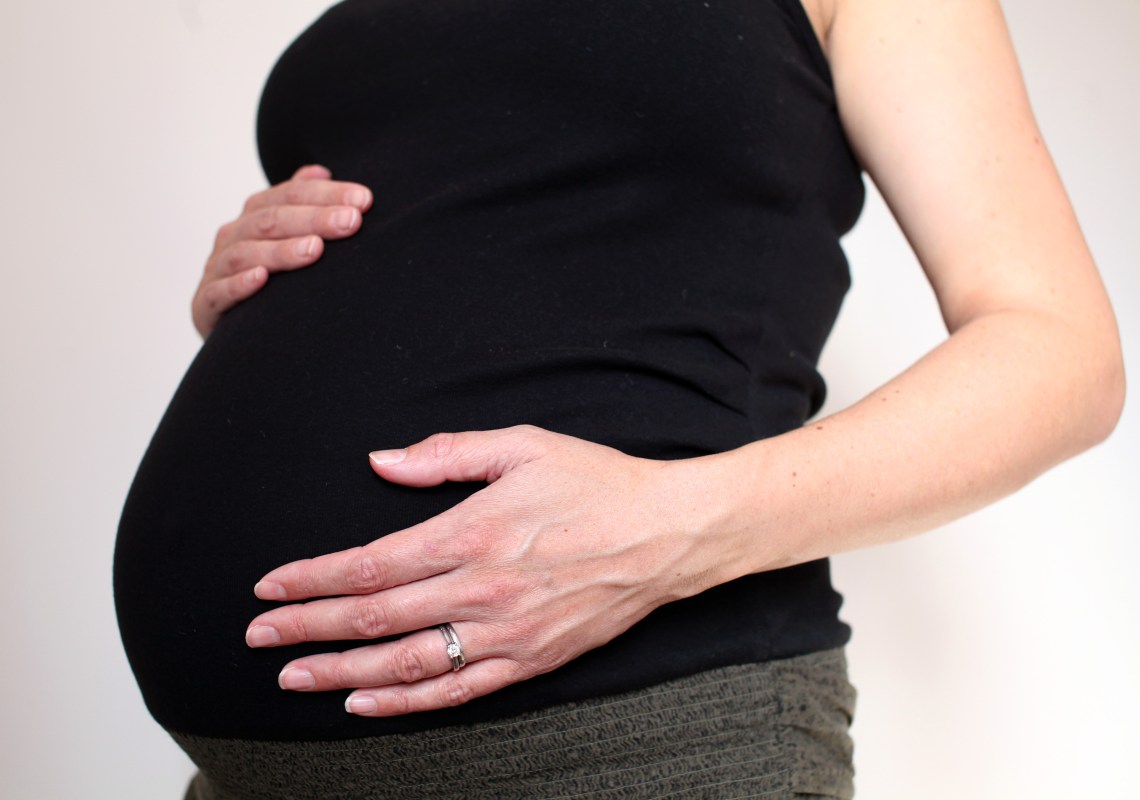Pregnant women already have to put up with plenty of unsolicited advice from loved ones and strangers alike, but this is beyond the pale: a set of guidelines posted online recently by the South Korean government has been removed after being called out for its sexist suggestions that pregnant women try not to gain weight, prepare meals for their husbands and do their best to not “look disheveled” after giving birth.
As The Guardian reports, the guidelines advised that expectant mothers in the early stages of pregnancy should avoid putting off housework because it would help them maintain a healthy weight. “Hang the clothes you wore before you were pregnant in a place where they are easy to see as that will motivate you to keep your weight under control and go back to the same weight you were before you gave birth,” the recommendation read. “If you are tempted to over-eat or skip exercise, take a look at the clothes.”
The guidelines, which were published online by the Seoul city government’s pregnancy and childbirth information center that opened in 2019 and overseen by the Korean Society of Obstetrics and Gynecology, also suggested that as a woman nears her due date, she should clean any food items that are about to expire out of her fridge and prepare three to four meals like curry or soup that her husband who is “unaccustomed to cooking” can heat up in her absence. It also advises that women should leave at least enough changes of clothes for three days to a week for their husband.
“And buy a hairband so that you don’t look disheveled after having the baby,” they noted.
Naturally, this did not go over well, and the guidelines were eventually taken down. “Do they still think married women are their husbands’ housekeepers?” one social media user asked. “It’s hard to even breathe towards the end of a pregnancy, and they’re expecting us to prepare underwear and food for our husbands?!” another pointed out.
It’s yet another example of women being expected to handle the majority of the housework and look flawless while doing so — even when they’ve just finished expelling a human being from their bodies. Not only should husbands be able to fend for themselves for a few days while their wives are in the hospital recovering from labor, they should be at their wives’ sides offering them anything their hearts desire after the physically and emotionally taxing experience. Roughly 300,000 women a year die during childbirth. You can make your own damn soup.
Whether you’re looking to get into shape, or just get out of a funk, The Charge has got you covered. Sign up for our new wellness newsletter today.

















